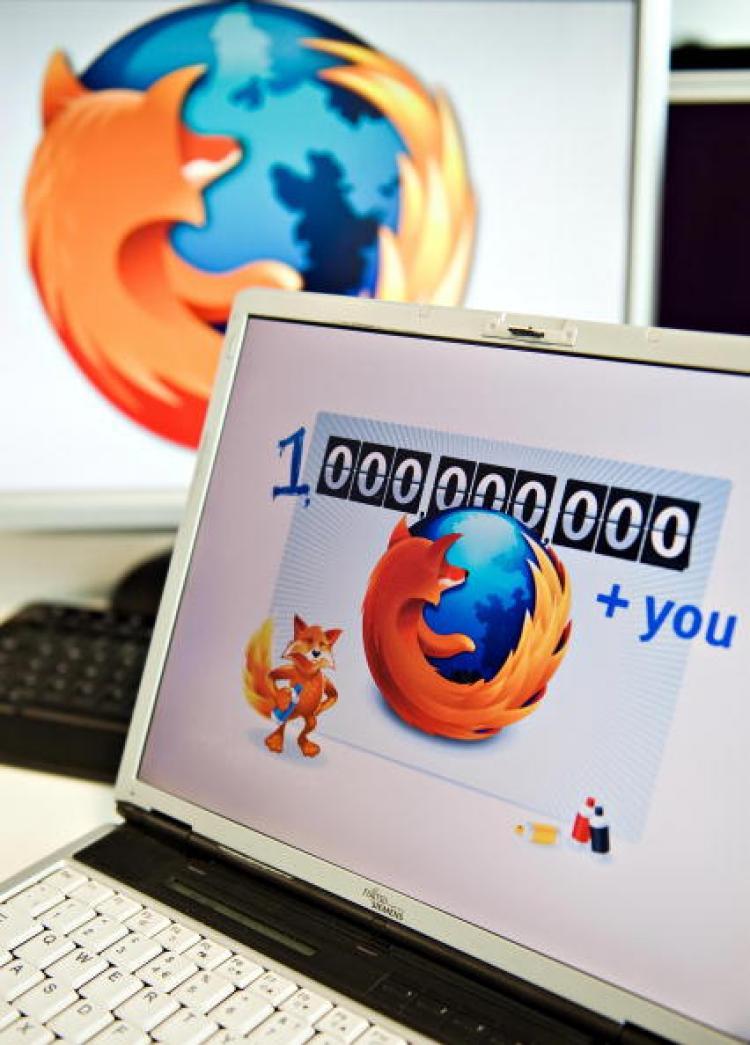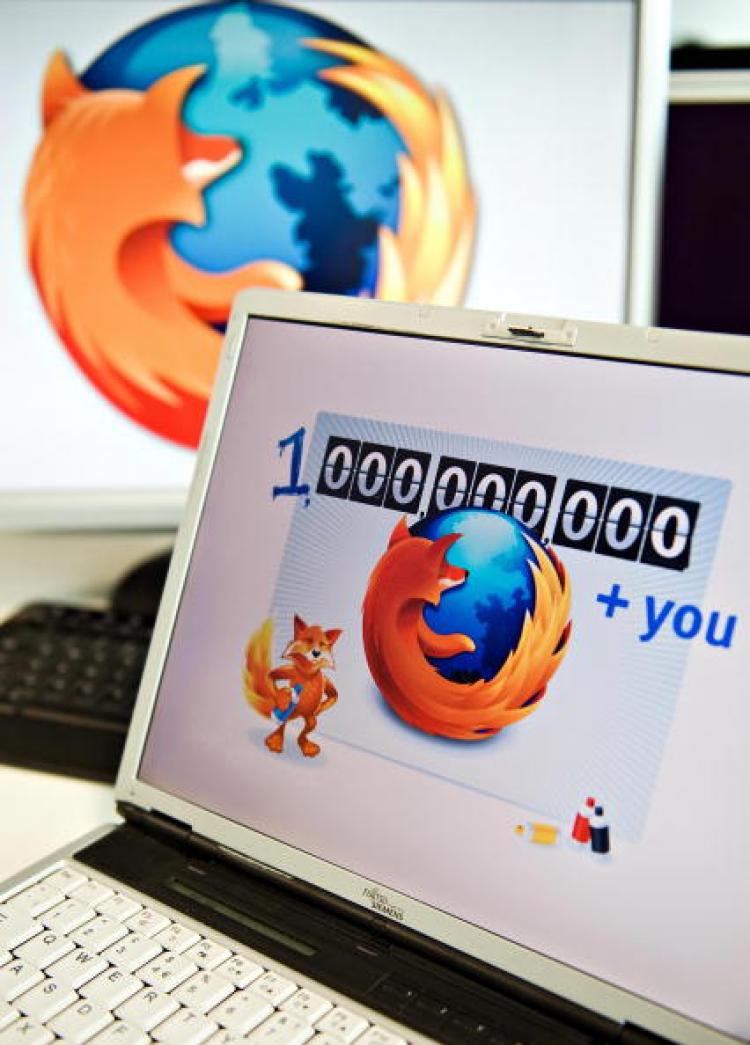Open source software is on the rise, allowing users an alternative to conventionally distributed software, often free of charge.
Some of the applications stay attractive to users through innovative, open codes that encourage alteration. Although they have a kind of “by geeks, for geeks” brand, you don’t have to be a computer genius to use many of the open source applications.
One of the applications attributed for putting open source on the map is Firefox, the world’s second most popular Web browser. It was designed by those who believe in “free and open source software” (FOSS). The FOSS programs allow individuals to study, modify, improve, and use their software with no additional licensing.
Software engineers who work on FOSS projects often have a great deal more freedom than those who are employed by large software companies such as Microsoft or Adobe—and that freedom gives the software an innovative edge. Still, FOSS is only one flavor of a large family of programs created by developers who believe in good and free software for all.
Another key factor that keeps open source appealing is that it often does not require a high-end system to run well. Some of the applications run well even on older computers.
There are also open source equivalents to many programs Windows and Mac users would normally need to pay for. Among them is OpenOffice—a free, full-featured office suite.
According to the OpenOffice website, there have been more than 83 million downloads of their software. Many business and even governmental organizations around the world are switching to OpenOffice; a move that can save millions in licensing fees when compared to similar programs such as Microsoft Office.
Another popular freeware program is the highly efficient VLC media player, which is designed to play nearly any media file format. It can even run files that are damaged.
Thunderbird, also from Mozilla—the same people who made Firefox—is a webmail client that functions in a way similar to Microsoft’s Outlook. There are also photo editors (GIMP is an example); instant messaging clients (Pidgin), which can support several different protocols at once; and free CD/DVD burning software such as InfraRecorder.
There are also examples of freeware operating systems, which give users a viable alternative to the ubiquitous Windows.
As new operating systems are introduced and old systems begin losing support, a solution to keeping a PC alive is to turn to a freeware or Linux-based operating system.
Many Linux-based operating systems have been custom tailored to run fast even on very old PCs. Ubuntu (pronounced ooh-bun-too) is among the more popular of the bunch, due to its easy-to-learn interface.
An estimated 13 million people around the world are using Ubuntu. Even the French police force is working to install Ubuntu on all of its 90,000 computers. In doing so, their IT department will spend an estimated 70 percent less annually without reducing capability.
Linux operating systems also come with access to tens of thousands of programs, often free of charge, and can meet the needs of a variety of users.
Some of the applications stay attractive to users through innovative, open codes that encourage alteration. Although they have a kind of “by geeks, for geeks” brand, you don’t have to be a computer genius to use many of the open source applications.
One of the applications attributed for putting open source on the map is Firefox, the world’s second most popular Web browser. It was designed by those who believe in “free and open source software” (FOSS). The FOSS programs allow individuals to study, modify, improve, and use their software with no additional licensing.
Software engineers who work on FOSS projects often have a great deal more freedom than those who are employed by large software companies such as Microsoft or Adobe—and that freedom gives the software an innovative edge. Still, FOSS is only one flavor of a large family of programs created by developers who believe in good and free software for all.
Another key factor that keeps open source appealing is that it often does not require a high-end system to run well. Some of the applications run well even on older computers.
There are also open source equivalents to many programs Windows and Mac users would normally need to pay for. Among them is OpenOffice—a free, full-featured office suite.
According to the OpenOffice website, there have been more than 83 million downloads of their software. Many business and even governmental organizations around the world are switching to OpenOffice; a move that can save millions in licensing fees when compared to similar programs such as Microsoft Office.
Another popular freeware program is the highly efficient VLC media player, which is designed to play nearly any media file format. It can even run files that are damaged.
Thunderbird, also from Mozilla—the same people who made Firefox—is a webmail client that functions in a way similar to Microsoft’s Outlook. There are also photo editors (GIMP is an example); instant messaging clients (Pidgin), which can support several different protocols at once; and free CD/DVD burning software such as InfraRecorder.
There are also examples of freeware operating systems, which give users a viable alternative to the ubiquitous Windows.
As new operating systems are introduced and old systems begin losing support, a solution to keeping a PC alive is to turn to a freeware or Linux-based operating system.
Many Linux-based operating systems have been custom tailored to run fast even on very old PCs. Ubuntu (pronounced ooh-bun-too) is among the more popular of the bunch, due to its easy-to-learn interface.
An estimated 13 million people around the world are using Ubuntu. Even the French police force is working to install Ubuntu on all of its 90,000 computers. In doing so, their IT department will spend an estimated 70 percent less annually without reducing capability.
Linux operating systems also come with access to tens of thousands of programs, often free of charge, and can meet the needs of a variety of users.






